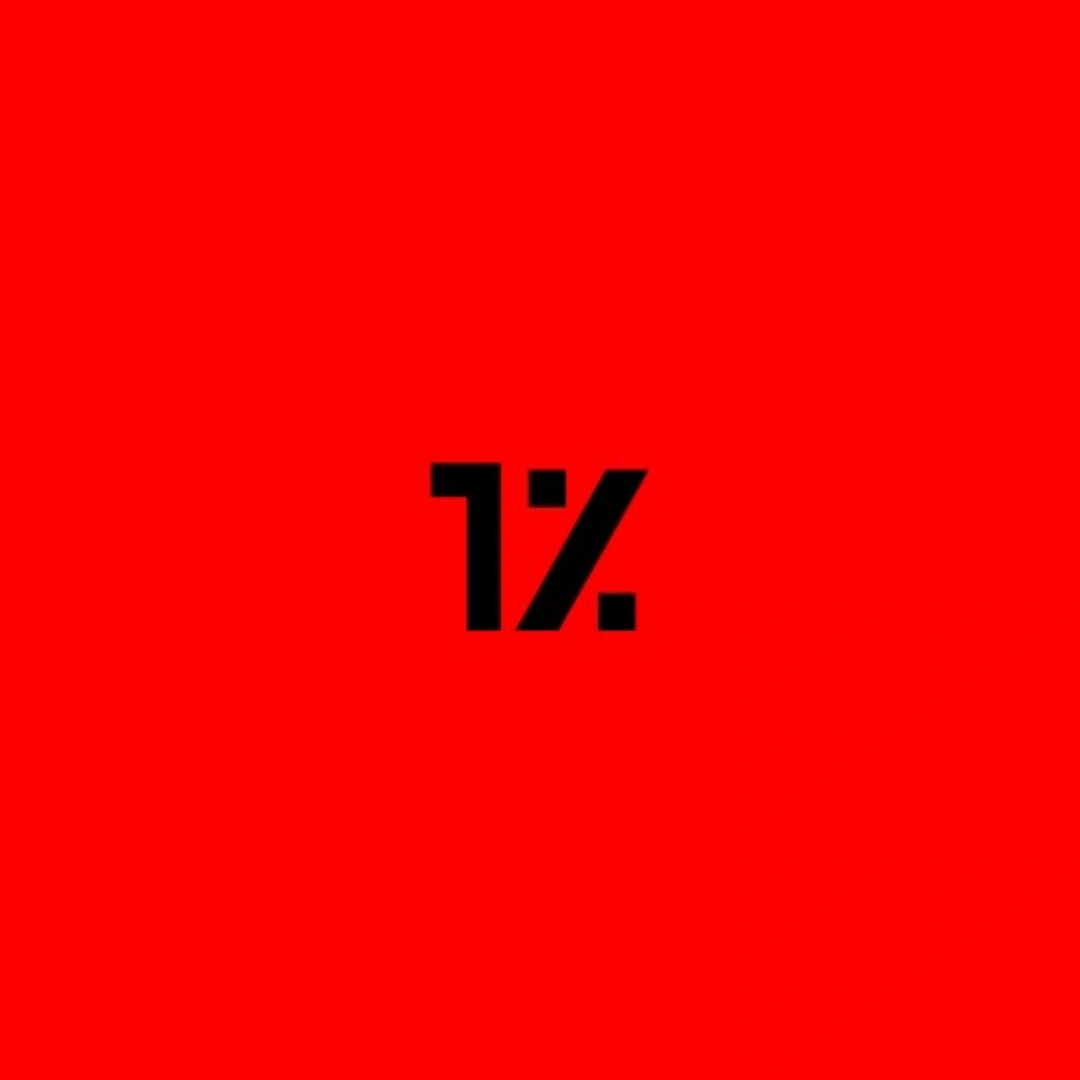Back
K
Ph • 1y
Income Tax Return Filing When tax liability rises due to the receipt of arrears or additional payments, it typically happens because these amounts are added to the individual’s total income for the current financial year. This increase in income can push the individual into a higher tax bracket, leading to a higher tax liability. These arrears can include salary, pension, rent, or other types of income that were meant to be received in previous years but were delayed or withheld. When these arrears are finally paid, they are treated as taxable income in the year they are received. For example, if an employee earns arrears of salary in 2023, but the arrears relate to 2022, the employee may have to pay a higher tax rate on the arrears in 2023. In such cases, if a taxpayer’s tax liability increases due to arrears, they may be able to claim relief under Section 89(1) of the Income Tax Act, 1961. This relief can help to reduce the amount of tax that the taxpayer has to pay.


More like this
Recommendations from Medial
financialnews
Founder And CEO Of F... • 1y
Budget 2025 expectations: Income tax relief buzz Speaking on the expected rationalisation of the income tax slab, Pankaj Mathpal, MD & CEO at Optima Money Managers, listed out the possible income tax slab for the new income tax regime, which may bri
See MoreSameer Patel
Work and keep learni... • 1y
Financial knowledge Indian Tax slabs Income tax slabs categorize taxpayers based on their annual income, determining the applicable tax rates. Here's a breakdown: 1. Nil Tax: Annual income up to ₹2.5 lakh for individuals below 60 years. 2. 5% Tax: I
See MorePrem Siddhapura
Unicorn is coming so... • 1y
**Tax Revenue Hits Record Highs** 📈 The government’s net direct tax collection, post-refunds, surged 15.4% to ₹12.3 lakh crore between April and November 10, 2024. Gross collections also saw a robust 21.2% increase, reaching ₹15.02 lakh crore. 💰
See MoreAayush Sharma
Building a startup i... • 9m
As more and more work gets automated, is it a good idea to levy a "UBI Contribution Tax" on companies beyond a certain Revenue per Employee threshold? (UBI = Universal Basic Income, a proposal to give all citizens a minimum income to fulfill basic n
See MoreDownload the medial app to read full posts, comements and news.
















/entrackr/media/post_attachments/wp-content/uploads/2021/08/Accel-1.jpg)




















